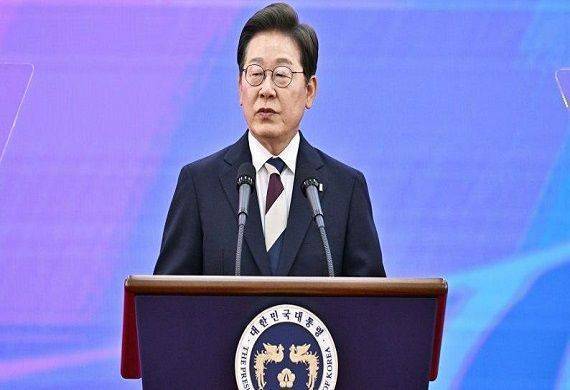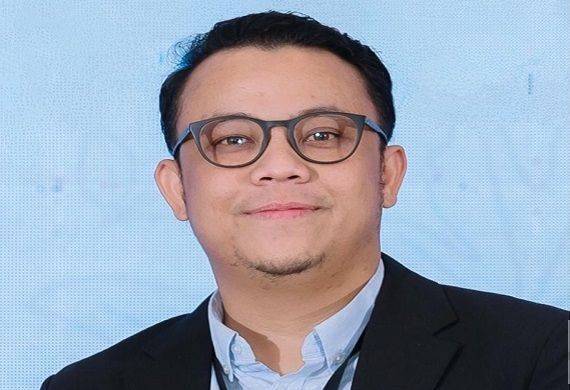South Korea to Uphold Comfort Women Pact with Japan
By Global Leaders Insights Team | Aug 21, 2025

South Korean President Lee Jae Myung says he’ll keep the 2015 agreement with Japan about the "comfort women" — Korean women forced into sexual slavery by Japanese forces during World War II.
Speaking to Japan’s Yomiuri Shimbun newspaper, Lee shared this ahead of his trip to Tokyo to meet Japanese Prime Minister Shigeru Ishiba.
The 2015 deal included an apology from Japan and a 1 billion yen ($6.8 million) fund for victims, meant to put the issue to rest for good.
But many in South Korea aren’t happy with it, including surviving comfort women and their supporters, who want a more sincere apology and direct payments from Japan. Lee, whose Democratic Party has often pushed back against the deal, gets why it’s a sore spot.
- South Korea’s President Lee Jae Myung to Honor 2015 Comfort Women Agreement with Japan
- Lee Jae Myung Balances History and Diplomacy, Vows to Keep Comfort Women Pact with Japan
- South Korea–Japan Relations: Lee to Uphold Controversial 2015 Deal Amid Public Opposition
“For most South Koreans, that agreement is tough to stomach,” he said. “But it’s a promise between countries, and going back on it wouldn’t be right.”
Japan’s 1910-1945 control over Korea still stirs up bad feelings, with the comfort women issue hitting especially hard. Lee called it “heartbreaking” and encouraged Japan to keep being open about the past and talking with survivors. Even though some in South Korea have criticized efforts to get closer to Japan, Lee thinks stronger ties with Japan and the U.S. are key for economic and security reasons, especially with North Korea’s nuclear threats looming.
Also Read: Brazilian Judge Hopeful Trump Will Lift U.S. Sanctions
Lee’s approach shows he’s trying to respect how South Koreans feel while keeping things friendly with other countries. After Tokyo, he’s headed to Washington to meet U.S. President Donald Trump. By honoring the 2015 deal and pushing for honest talks about history, Lee’s working to find a balance between healing old wounds and building a stronger future.
.jpg)



